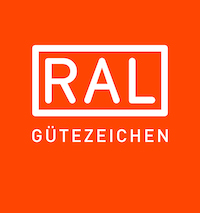RAL Agreements are generally applicable specifications for the whole of the economy. They contain definitions of terms, regulations for the naming and labelling sector and quality standards for goods and services.
RAL Agreements are designed to guarantee honesty and clarity in the movement of goods and thus to promote fair competition.
If RAL is commissioned by industry to develop a RAL Agreement, it is mostly based on the desire to organise the terms used in a particular product sector so that any misunderstandings in the trade and movement of goods are excluded. In order to involve expertise from all relevant areas in this process, all chambers of the Association of German Chambers of Commerce and Industry (DIHK) are consulted, as well as relevant professional and trade groups (manufacturers, retail trade, consumers, authorities, testing institutions). Industry is thus fully involved in the draft versions and almost every affected party is provided with information for their approval or rejection. It is only when all doubts have been eliminated that a RAL Agreement can come into force.
This unusual and complex development process for RAL Agreements allows the courts the opportunity to view their content as standard commercial practice. Non-observance of the RAL Agreements in commercial trade is viewed by the courts as a violation against the provisions of competition law. Therefore, RAL Agreements are often described as “laws that the economy has imposed on itself”.

